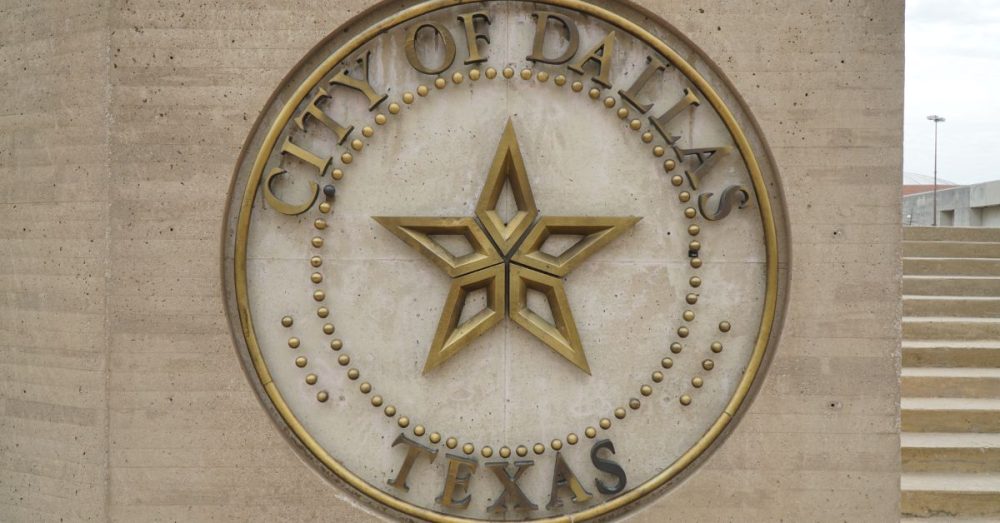Dallas officials may face legal challenges if they attempt to adopt misleading ballot language for a series of citizen-driven petitions.
Dallas citizens will vote on four petition changes to the City Charter in November, pending ballot language approval from the City Council. Dallas Hero, a bipartisan initiative that seeks to amend the Dallas City Charter, drafted three of these citizen-driven petitions, which focus on public safety and leadership accountability.
Pete Marocco, the executive director of Dallas HERO, said his team plans to fight against any potential “bureaucratic tricks” from City leaders who attempt to alter ballot language for the petitions.
“There may be unanticipated challenges as there always are,” Marocco told The Dallas Express. “We are watching very carefully the next few weeks.”
“We have let the City know that there is a statutory requirement and case law that supports us,” he continued. “They cannot alter the intent. So if there are bureaucratic tricks at work, we have anticipated those and believe we will get through them without a real problem.”
Citizen-driven petitions in Texas must receive a certain number of signatures from residents. The city secretary verifies the signatures, and the city council then adopts the petitions for the ballot.
The Austin City Council lost a lawsuit in 2021 at the Texas Supreme Court, which ruled it adopted misleading ballot language for a citizen-driven petition. Matt Mackowiak, co-founder of the group Save Austin Now that won the lawsuit, said this is a common tactic used by municipal leaders.
“[City leaders] all play games with ballot language,” Mackowiak previously told DX. “Cities don’t like citizen petitions because it reduces their power. It reduces their ability to control policy and to control decisions. It can be a very effective tool because it becomes a check on the powers of the city council and mayor.”
Michael Searle, CEO of Searle Strategies, an Austin-based public relations firm, said he faced similar issues from Austin leaders. He helped push for Petition K, which would have required an independent, third-party audit in Austin. He said a coordinated effort from Austin leaders effectively spiked the petition after early polling showed strong community support.
“In my experience, city officials don’t particularly like it when citizens attempt to gather signatures for policies that are popular among their constituents but that they don’t want,” Searle told DX. “It puts them in a bad spot.”
“The city turned on their taxpayer-funded PR machine to try to discredit and slander the effort. They manipulated the ballot language, and the elected officials went into full campaign mode with their allied groups who receive city funding to fight the audit,” he continued. “But are we surprised the city did not want to audit themselves? I wonder what that might have uncovered.”
Dallas HERO conducted a poll first reported by DX that suggested city residents would push back against leaders who attempted to manipulate citizen-driven petitions.
The poll found that 13% of respondents said they would take legal action, 42% would vote against city council members in future elections, 15% would call, visit, send letters, or speak at city council meetings on the issue, 20% would initiate a recall against city council members, and 8% would organize neighborhood or community action.
Only 9% of respondents said they would do nothing, while 43% said they would engage in all listed options.


